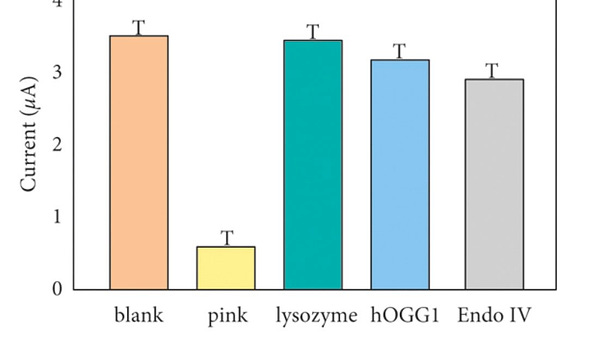Incognito: The Secret Lives of the Brain -
If the conscious mind--the part you consider to be you--is just the tip of the iceberg, what is the rest doing?
|
Sunday, 29 January 2023
quote [ Why the greatest scientific experiment in history failed, and why that's a great thing ]
Also be sure to read the follow-up article
|
Comments
|
Wulf said @ 2:18pm GMT on 29th Jan
[Score:1 Insightful]
Paywall on substack is not intelligent. If you kill the page load quickly you can prevent it from loading. If you can't do that fast enough the modal layer and the pop-up can easily be deleted through the developer console, then you just need to remove the "overflow: hidden" attribute on the body. There are a lot of sites that use this tactic, it was probably cheap/easy to implement. They'll still serve you the full content but they just toss a superficial obfuscation on top of it.
|
|
rylex said @ 7:57pm GMT on 29th Jan
so loading page without javascript?
|
|
Paracetamol said @ 7:59pm GMT on 29th Jan
funny, I can just click the pop up away. It does not appear in reading mode and no-js mode as well. Maybe it's a region/cookie thing?
|
|
R1Xhard said @ 11:27am GMT on 30th Jan
Nice suggestions, after a pint of scotch went over my laptop at New Years. Mostly use android device and not customed Firefox on a Linux system NoScript is a good start.
|
|
R1Xhard said @ 11:38am GMT on 30th Jan
Nice suggestions, after a pint of scotch went over my laptop at New Years. Mostly use android device and not customed Firefox on a Linux system NoScript is a good start.
Haven't done much to the Androids, it's amazing the data tracking and such that is on obvious display. But I am of the mind set to tick that ticket box to view you gps and other tracking history if you don't tick it isn't it still tracked even as a random token associated to the IP. Least you get to view the data. Oh has anyone noticed an uptake in proxy sites being hosted on sites.google.com hosting pages. I mean I won like at least a million of the Diesel Brothers as long as I can just do that US$1 transfer. Who do you bitch at at Google now days, oh wail Alphabets the parent company, wait weren't they a hacker co-op.,;:;/RANT |
|
R1Xhard said[1] @ 1:24pm GMT on 29th Jan
"Pay-wall" could you {spoiler} it?
|
|
Wulf said @ 2:19pm GMT on 29th Jan
Damn. My comment should have been a reply to yours, that would have been more helpful.
|
|
Silent said @ 2:43pm GMT on 29th Jan
12ft ladder
This worked for me, hopefully works for others looking to read the article. |
|
slaytanik said @ 3:52pm GMT on 29th Jan
Woops, I can't edit anymore, so here:
It's weird that I can read the article without issue and none of you can. I just clicked "Continue reading" on the subscription pop-up so I'm not sure what I'm missing |
|
mechanical contrivance said @ 9:51pm GMT on 29th Jan
This is the same as my comment on the AI lawyer. Most of the threats he got when he posted his paper on web are probably from people who earn money from the scientific journal industry or who rely on the continued existence of the industry.
|
Post a comment
[note: if you are replying to a specific comment,
then click the reply link on that comment instead]You must be logged in to comment on posts.







